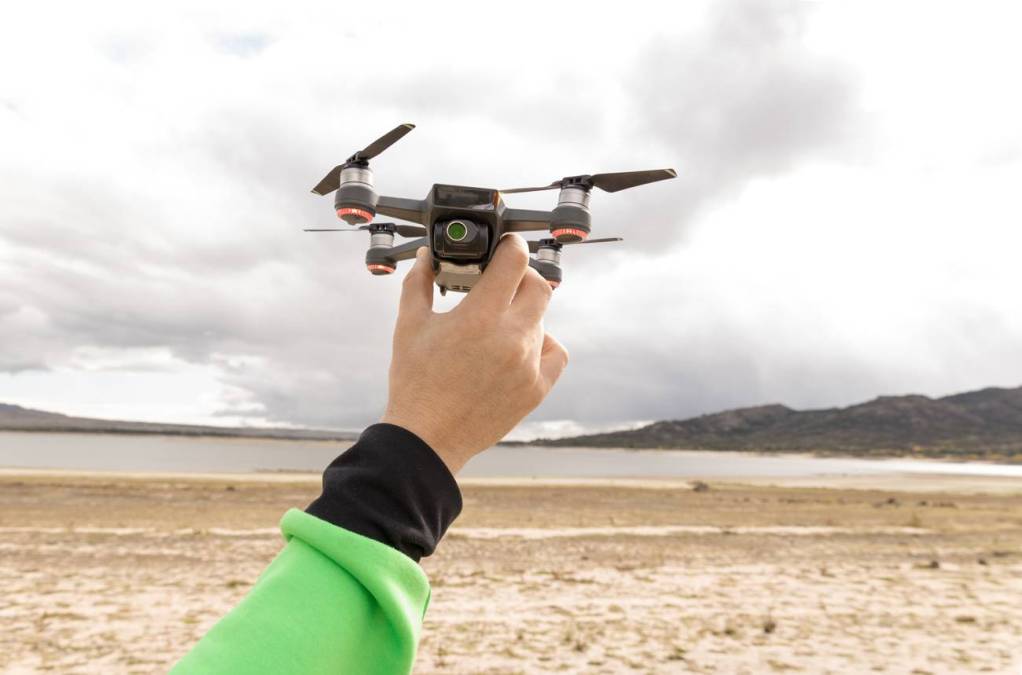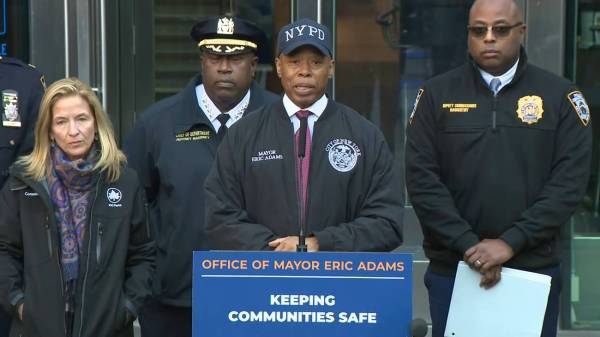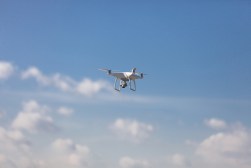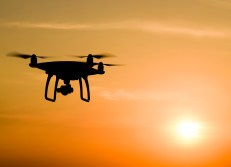Court rules California police must release drone footage not related to investigations

After a lengthy legal debate, the California Supreme Court last Wednesday held to a decision that police departments in the state are required to release some of the footage recorded by their drones. The court last Wednesday denied hearing the City of Chula Vista’s argument against a court requirement that it release its police department’s drone footage to the public.
The court’s decision, which is tied to a public records request submitted in 2021 by Art Castañares, a journalist and publisher of the San Diego Latino news site La Prensa, represents the court’s second rejection in taking up the case. Castañares filed a public records request with the Chula Vista Police Department for drone footage it had captured over a one-month period as part of its “drones as first responder,” program, in which law enforcement officials send drones to the scenes of emergencies, often beyond the visual-line-of-sight of the operator.
The ruling still allows California police departments to decline to release footage directly tied to investigations, but it prevents them from issuing blanket denials on drone footage.
Chula Vista Police denied the journalist’s request in 2021, stating that the drone footage was considered “investigative records,” making it exempt from the state’s public records law, CBS 8 San Diego reported. Castañares challenged the rejection, resulting in a nearly four year court battle.
In 2019, Chula Vista’s police department became the first law enforcement agency in the country to formalize its DFR program, after several years of experimentation. Recent years have brought an increasing number of DFR programs across the country, which have led law enforcement agencies to send drones to the scenes of violent crimes, fires and accidents — but also to less serious incidents, such as “loud music,” a “water leak,” and someone “bouncing a ball against a garage,” according to a paper published by the American Civil Liberties Union in 2023.
The ACLU paper claims that DFR programs pose privacy risks and could lead to routine aerial surveillance of public and private places. Chula Vista has taken steps towards transparency with its drone program by publishing information on a public dashboard that includes each flight’s time, purpose, destination and route. Its policies are also available online, but the ACLU has argued that stronger guardrails are still needed for DFR programs to prevent overreaches in surveillance.
Castañares told CBS 8 that the court’s decision will ensure that police departments cannot use the term “investigative records” as a blanket denial for drone footage.
“My case created a new, statewide precedent. … The videos and the records have to be viewed, then they have to determine whether or not they should be exempt based on what’s in the document, not just categorically, but based on the types of documents that they are,” Castañares said. “This is a huge win not only for individuals’ rights, but for the media to be able to be the watchdog it should be, and to monitor how police agencies specifically are using this new technology.”






